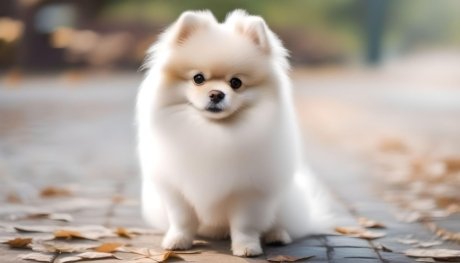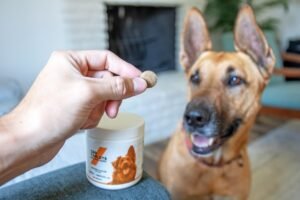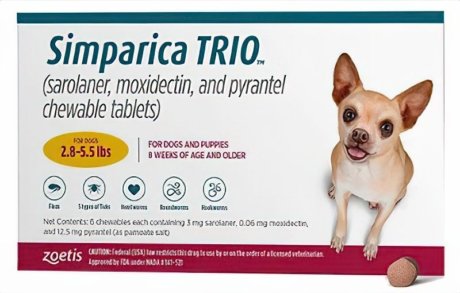8 Types of Cup Dogs ❤️| Price, Monthly Cost, Care Tips
If you love dogs, you’ve probably seen this gorgeous breed before. Cup Dogs are a relatively new and rare breed of little dog that is known for their distinctive looks and friendly personalities.
Everything you need to know about Cup Dogs, including their history, appearance, temperament, and how to care for them, will be covered in this article. Along with some useful advice on how to socialise and train your Cup Dog, we’ll also share some interesting facts about this lovable species.
This article has all the information you want, whether you’re thinking about obtaining a Cup Dog or you simply want to know more about them. So relax and have a cup of coffee, and let’s dive into the wonderful world of Cup Dogs!
Cup Dogs
Consider obtaining a Cup Dog if you’re searching for a compact, cuddly, and simple-to-care-for furry friend. These little dogs have become more and more well-liked in recent years and with good cause.
Cup Dogs, commonly referred to as Teacup Dogs, are smaller versions of well-known dog breeds such as Yorkshire Terriers, Poodles, and Chihuahuas. They normally stand between 5-7 inches tall and weigh between 2 and 5 pounds. They are the ideal size for apartment life and travel, and their adorable, cuddly looks make it difficult to resist them.
Video Credit: Viral Animal Tales
However, it’s important to understand what you’re getting into before rushing out to acquire a Cup Dog. Cup dogs need care and attention to thrive, just like other dogs do.
Origins
Cup Dogs are not a breed in themselves, but rather a term used to describe any dog that has been bred to be smaller than the standard size for their breed. This means that Cup Dogs can come from a variety of different breeds and bloodlines.
Physical Characteristics
Cup Dogs are tiny, but they come in a variety of different colours and coat types. Some have long, flowing hair while others have short, wiry fur. Their eyes are typically large and round, and their ears can either be perky or floppy.

Temperament
Cup Dogs are little, but their personality are tremendous. They are frequently characterised as kind, tender, and playful. They like social interactions and are known for being devoted to their owners. They may, however, be more prone to anxiety and violence than larger dogs because to their tiny stature.
Caring for Your Cup Dog
Cup Dogs need the same fundamental care as any other dog, such as consistent activity, healthy dietary needs, and routine medical examinations. However, due to their small stature, they can have unique dietary and activity requirements.
Feeding your Cup Dog a high-quality, breed- and size-appropriate dog food is important. Ensure they exercise frequently, but avoid overdoing it because they might get exhausted easily.

Training and Socialization
All dogs need training and socialisation, and Cup Dogs are no different. Due to their small stature, Cup Dogs are more likely to become aggressive than larger dogs, therefore it’s crucial to educate them to be well-behaved and obedient.
As Cup Dogs may be prone to nervousness and shyness if they are not adequately introduced to new people and activities, socialisation is particularly important.
Cup Dog Puppies
Cup Dog puppies are some of the cutest and most adorable puppies around. With their small size, fluffy fur, and playful personalities, it’s no wonder why they are so popular.

If you’re thinking about getting a Cup Dog puppy, there are a few things you should keep in mind. Here are some tips to help you get started:
Finding a Reputable Breeder
To get a Cup Dog puppy, the first step is to locate a trustworthy breeder. Make sure the breeder you select is morally upright and concerned with the health and welfare of their puppies.
Verify the breeder’s reputation by contacting references and reading internet reviews. Make sure the parents of the puppies are healthy and well-cared for by asking to view them.
Preparing Your Home
Before bringing home your Cup Dog puppy, you’ll need to prepare your home. This includes puppy-proofing your house by removing any hazardous items that could harm your puppy.
You should also create a designated space for your puppy that includes a comfortable bed, food and water bowls, and plenty of toys to keep them entertained.
Feeding and Nutrition
Cup Dog puppies have small stomachs, so it’s important to feed them small meals throughout the day. You should also choose high-quality puppy food that is appropriate for their size and breed.
Make sure to consult with your veterinarian about your puppy’s nutritional needs and feeding schedule.
Training and Socialization
All puppies, even Cup Dog puppies, need get training and socialisation. Start your puppy’s training as soon as you can by teaching them the fundamental commands “sit,” “stay,” and “come.”

Additionally, socialisation is crucial since it will help your puppy feel at ease among other dogs and people. Positively and carefully introduce new people, locations, and experiences to your dog.
Healthcare
Cup Dog puppies require regular veterinary check-ups to ensure that they are healthy and up-to-date on their vaccinations. You should also schedule spaying or neutering as recommended by your veterinarian.
It’s also important to watch for any signs of illness or injury and seek veterinary care immediately if you have any concerns.
8 Types of Cup Dogs
Cup Dogs are not a specific breed, but rather a term used to describe dogs that have been bred to be smaller than the standard size for their breed. As a result, there are many different types of Cup Dogs, each with its own unique characteristics and personality.
Here are some of the most popular types of Cup Dogs:
Chihuahua

Chihuahuas are one of the most popular breeds for Cup Dogs. They are small, energetic, and full of personality.
Pomeranian
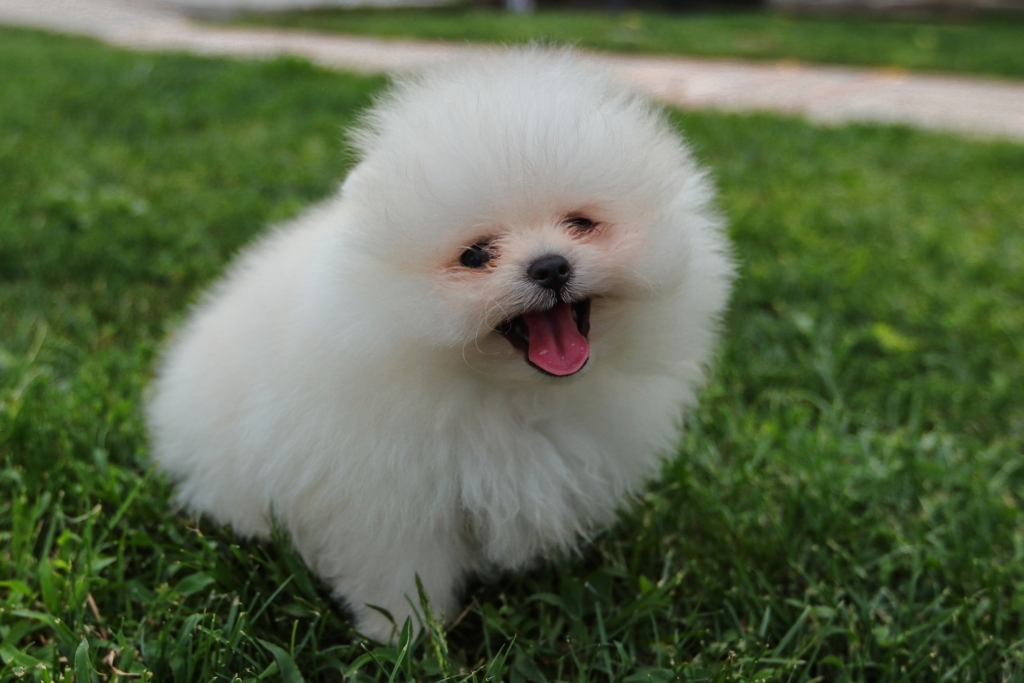
Pomeranians are a fluffy and adorable breed that make great Cup Dogs. They are playful, loyal, and love to be around their owners.
Yorkshire Terrier
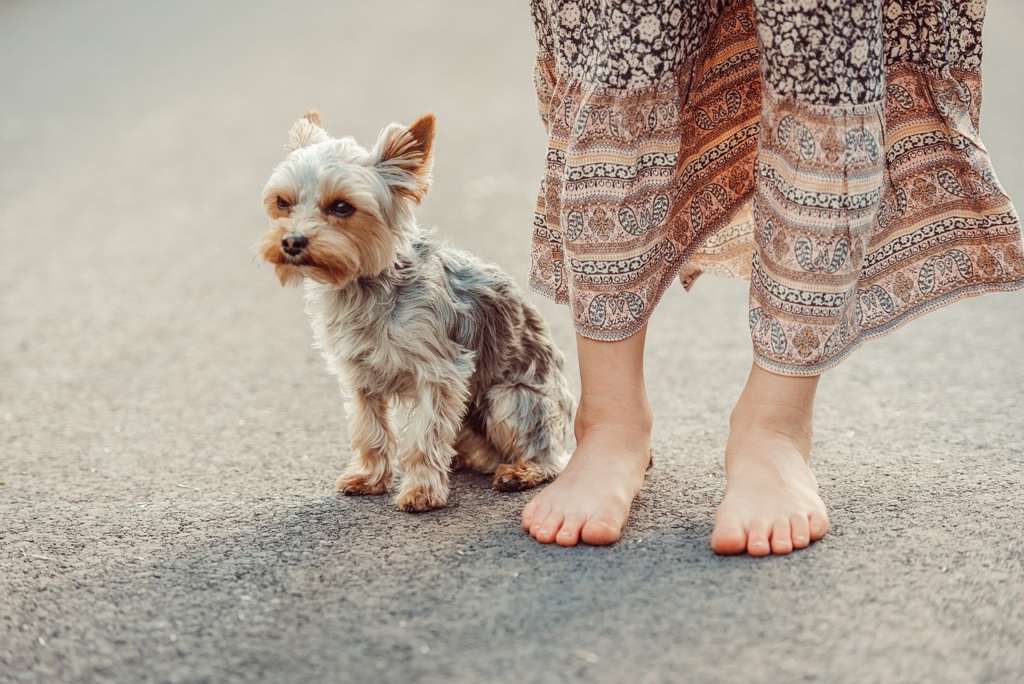
Yorkshire Terriers, or Yorkies, are a popular choice for Cup Dogs. They are small, intelligent, and have a silky coat that requires regular grooming.
Maltese
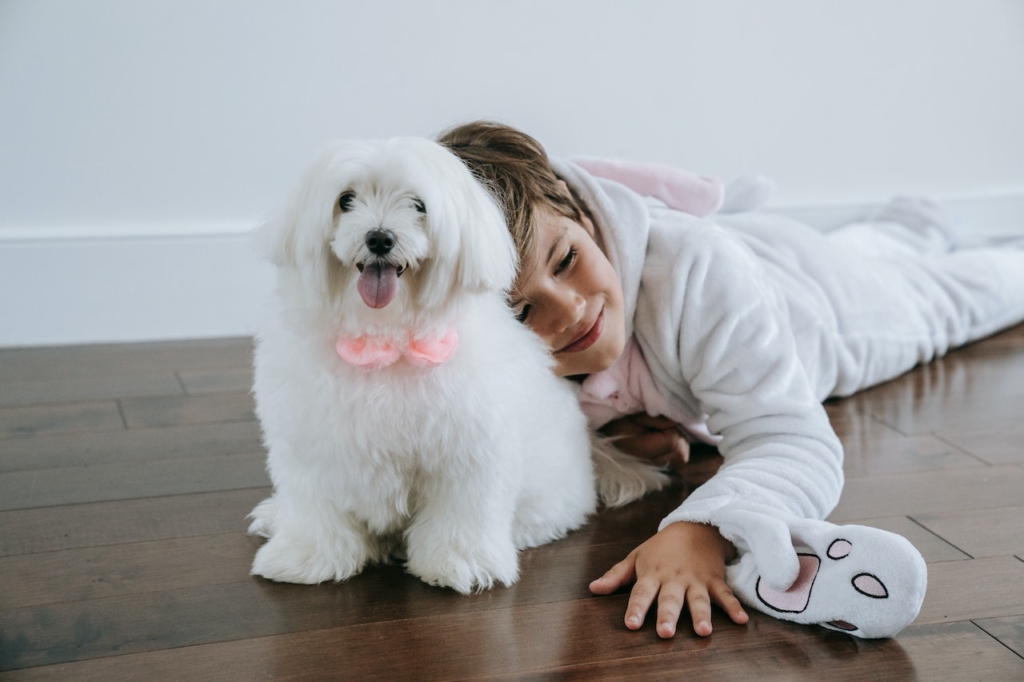
Maltese dogs are known for their long, flowing hair and gentle personalities. They are a great choice for families with children.
Shih Tzu
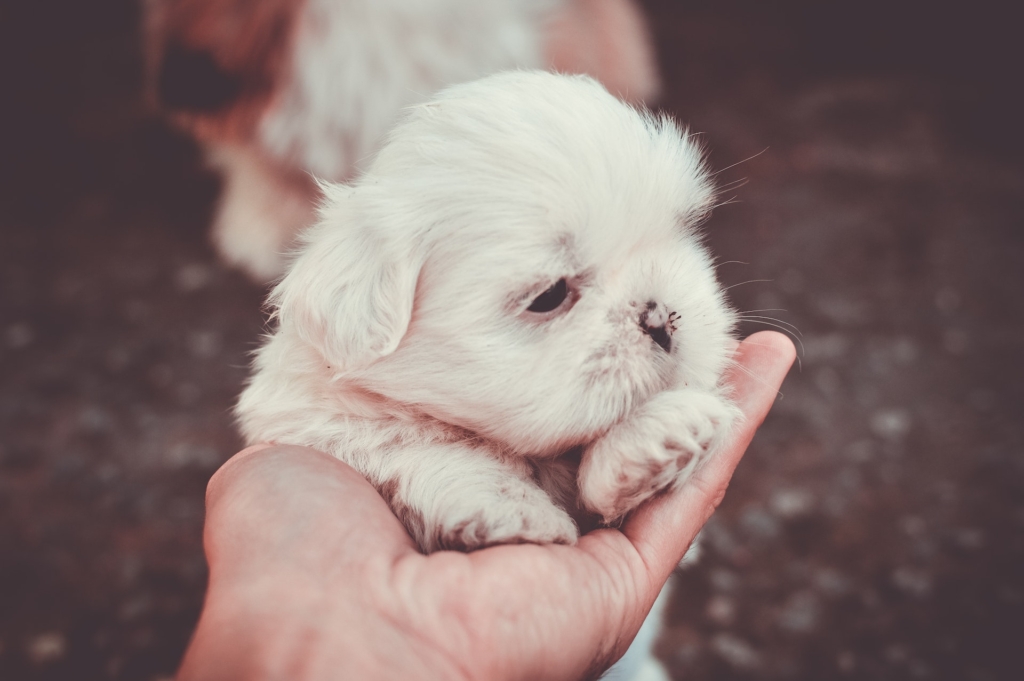
Shih Tzus are a small breed with a big personality. They are known for their friendly nature and playful demeanour.
Toy Poodle

Toy Poodles are a miniature version of the standard Poodle breed. They are intelligent, loyal, and make great companions.
French Bulldog
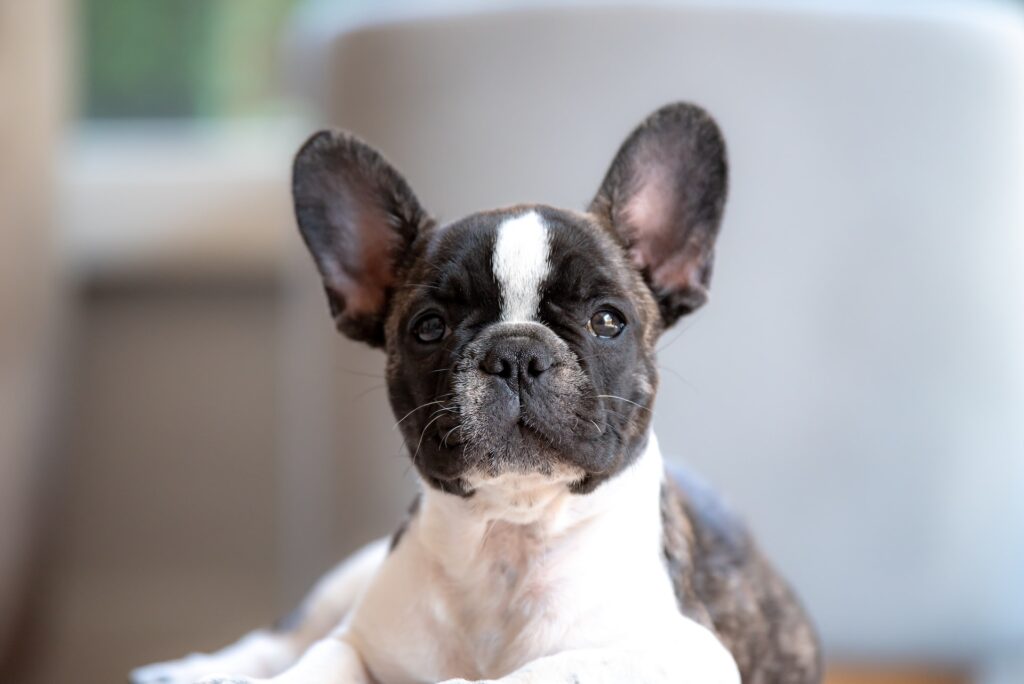
French Bulldogs are a popular breed for Cup Dogs due to their compact size and playful personalities. They are known for their unique “bat ears” and affectionate nature.
Cavalier King Charles Spaniel
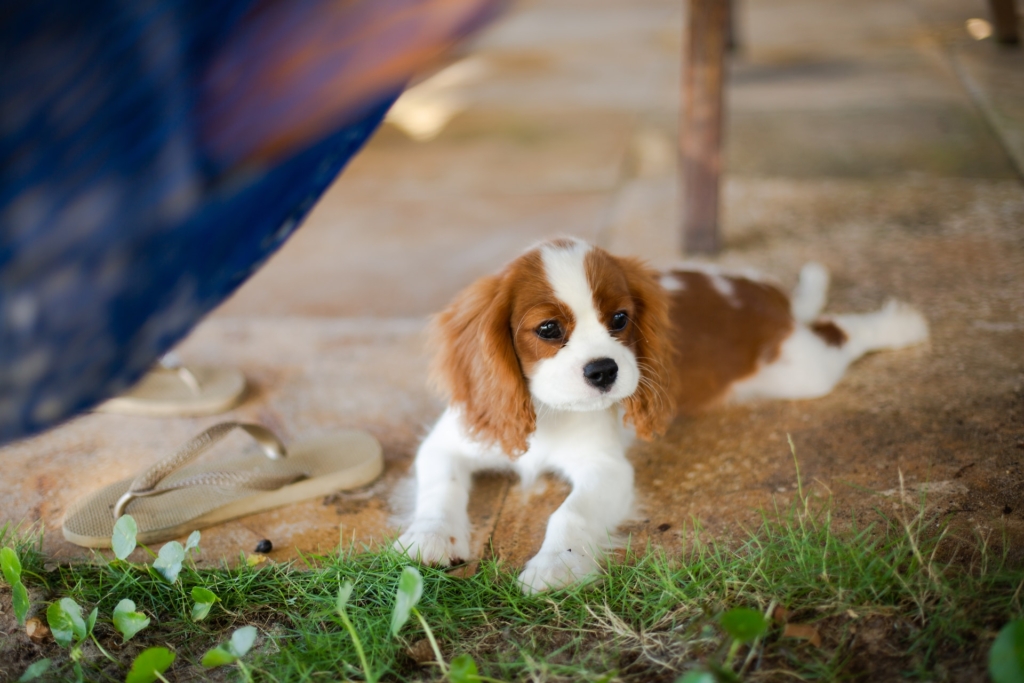
Cavalier King Charles Spaniels are a small, affectionate breed that makes great companions. They are known for their long, floppy ears and gentle temperament.
Cup Dog Price In India
Cup Dogs, which are small dogs bred to be smaller than the standard size for their breed, are quite popular in India. However, the price of Cup Dogs in India can vary depending on several factors such as the breed, age, and location of the breeder.
On average, the price of a Cup Dog puppy in India can range from Rs. 10,000 to Rs. 50,000 or even more. Here is a breakdown of the estimated prices for some popular Cup Dog breeds in India:
- Chihuahua – Rs. 15,000 to Rs. 30,000
- Pomeranian – Rs. 10,000 to Rs. 25,000
- Yorkshire Terrier – Rs. 20,000 to Rs. 40,000
- Maltese – Rs. 15,000 to Rs. 30,000
- Shih Tzu – Rs. 15,000 to Rs. 35,000
- Toy Poodle – Rs. 25,000 to Rs. 50,000
- French Bulldog – Rs. 40,000 to Rs. 70,000
- Cavalier King Charles Spaniel – Rs. 25,000 to Rs. 45,000
It’s important to note that while the initial price of a Cup Dog may seem high, there are additional costs associated with owning a dog such as food, veterinary care, and grooming.
Cup Dog Puppy Price In India
Cup Dog puppies, which are small dogs bred to be smaller than the standard size for their breed, are quite popular in India. However, the price of Cup Dog puppies in India can vary depending on several factors such as the breed, age, and location of the breeder.
On average, the price of a Cup Dog puppy in India can range from Rs. 10,000 to Rs. 50,000 or even more. Here is a breakdown of the estimated prices for some popular Cup Dog breeds in India:
- Chihuahua – Rs. 15,000 to Rs. 30,000
- Pomeranian – Rs. 10,000 to Rs. 25,000
- Yorkshire Terrier – Rs. 20,000 to Rs. 40,000
- Maltese – Rs. 15,000 to Rs. 30,000
- Shih Tzu – Rs. 15,000 to Rs. 35,000
- Toy Poodle – Rs. 25,000 to Rs. 50,000
- French Bulldog – Rs. 40,000 to Rs. 70,000
- Cavalier King Charles Spaniel – Rs. 25,000 to Rs. 45,000
Cup Dog Prices In Major Indian Cities
Here are Cup Dog prices in major Indian cities:
| Breed | Delhi | Mumbai | Bangalore | Kolkata | Chennai |
|---|---|---|---|---|---|
| Chihuahua | Rs. 15,000 – Rs. 35,000 | Rs. 20,000 – Rs. 40,000 | Rs. 15,000 – Rs. 35,000 | Rs. 12,000 – Rs. 30,000 | Rs. 15,000 – Rs. 30,000 |
| Pomeranian | Rs. 10,000 – Rs. 25,000 | Rs. 12,000 – Rs. 30,000 | Rs. 10,000 – Rs. 25,000 | Rs. 8,000 – Rs. 20,000 | Rs. 10,000 – Rs. 25,000 |
| Yorkshire Terrier | Rs. 20,000 – Rs. 45,000 | Rs. 25,000 – Rs. 50,000 | Rs. 20,000 – Rs. 45,000 | Rs. 18,000 – Rs. 40,000 | Rs. 20,000 – Rs. 45,000 |
| Maltese | Rs. 15,000 – Rs. 35,000 | Rs. 18,000 – Rs. 40,000 | Rs. 15,000 – Rs. 35,000 | Rs. 12,000 – Rs. 30,000 | Rs. 15,000 – Rs. 35,000 |
| Shih Tzu | Rs. 15,000 – Rs. 40,000 | Rs. 20,000 – Rs. 45,000 | Rs. 15,000 – Rs. 40,000 | Rs. 12,000 – Rs. 35,000 | Rs. 15,000 – Rs. 40,000 |
| Toy Poodle | Rs. 25,000 – Rs. 55,000 | Rs. 30,000 – Rs. 60,000 | Rs. 25,000 – Rs. 55,000 | Rs. 20,000 – Rs. 45,000 | Rs. 25,000 – Rs. 55,000 |
| French Bulldog | Rs. 40,000 – Rs. 80,000 | Rs. 50,000 – Rs. 90,000 | Rs. 40,000 – Rs. 80,000 | Rs. 35,000 – Rs. 70,000 | Rs. 40,000 – Rs. 80,000 |
| Cavalier King Charles Spaniel | Rs. 25,000 – Rs. 50,000 | Rs. 30,000 – Rs. 60,000 | Rs. 25,000 – Rs. 50,000 | Rs. 20,000 – Rs. 45,000 | Rs. 25,000 – Rs. 50,000 |
Understanding Cup Dog Prices in India: Factors to Consider
In India, cup dogs have grown to be a popular option for pet owners, but their costs can vary significantly based on a number of criteria. The elements that influence Cup Dog pricing, the monthly maintenance costs of having a Cup Dog, the availability of Cup Dogs in India, price comparison, price negotiating, and the actual cost of owning a Cup Dog will all be covered in this article.
Factors that Affect the Price of Cup Dog:
Several factors influence the price of Cup Dogs in India, such as the breed, the age of the puppy, the pedigree, the reputation of the breeder, and the location. For instance, the price of a French Bulldog can be significantly higher than that of a Pomeranian because of their rarity and high demand.

Monthly Maintenance Cost of Cup Dogs:
Besides the initial purchase price, owning a Cup Dog requires ongoing expenses such as food, grooming, and veterinary care. The monthly maintenance cost can vary depending on the breed and the size of the dog. For example, a Toy Poodle may require more grooming and specialized food, making them more expensive to maintain than a Chihuahua.
Availability of Cup Dogs in India:
The pricing may also vary depending on whether Cup Dogs are offered in India. Price increases may result from some breeds being harder to locate and rare. However, in order to ensure the health and welfare of the puppy, it’s essential to get a Cup Dog from a reliable breeder.
Cup Dog Price Comparison:
It’s important to conduct research and weigh breeder prices before making a Cup Dog purchase. But remember that sometimes the least expensive choice isn’t the best. Find a breeder that is reputable and who provides for their puppies.

How to Negotiate the Price of Cup Dog:
If you’ve found a breeder that you like but the price is out of your budget, consider negotiating the price. Be polite and respectful when discussing the price and try to find a middle ground that works for both parties.
The True Cost of Owning a Cup Dog:
Owning a Cup Dog requires more than just the initial purchase price. It’s essential to factor in the ongoing costs of owning a Cup Dog, such as food, grooming, and veterinary care. Budgeting for these expenses can help you avoid unexpected costs and ensure that your Cup Dog is happy and healthy.
History of Cup Dogs
Cup Dogs, also known as toy dogs, have been popular pets for centuries. They were originally bred for companionship, and their small size made them perfect lap dogs for aristocrats and nobles. Many of the toy breeds we know today, such as the Pomeranian and the Chihuahua, have ancient roots and can be traced back to royalty.
Appearance of Cup Dogs
Cup Dogs are characterized by their small size, usually weighing no more than 15 pounds. They come in a wide variety of breeds and colours, each with its unique appearance. Some of the most popular Cup Dog breeds include the Shih Tzu, the Toy Poodle, and the Yorkshire Terrier.

Behaviour of Cup Dogs
Cup Dogs are known for their friendly and affectionate personalities. They thrive on human attention and are often great with children. However, because of their small size, they may not be suitable for families with young children who may accidentally harm them. Cup Dogs are also known for their loyalty and can make great watchdogs despite their small size.
Facts about Cup Dogs
Some interesting and common Facts about Cup Dogs:
- Cup Dog breeds are typically those that weigh 22 pounds or less when fully grown.
- “Teacup Dogs” or “Cup Dogs” are not a recognized breed by major kennel clubs like the AKC (American Kennel Club) or the UKC (United Kennel Club).
- Cup Dog breeds are popular as companion pets due to their size, which makes them well-suited for apartment living or for people who may not have a lot of space.
- Some popular small dog breeds include the Chihuahua, Pomeranian, Shih Tzu, Yorkshire Terrier, and Maltese, among others.
- Cup Dog breeds are often referred to as “lap dogs” because they enjoy cuddling with their owners and spending time in their laps.
- Cup Dog breeds may be more prone to certain health problems such as dental issues, heart disease, and joint problems, so it’s important to provide them with proper nutrition and regular veterinary care.
- Despite their small size, many small dog breeds are known for being alert and good watchdogs, such as the Miniature Schnauzer or the Toy Poodle.
Care Tips for Cup Dog
Here are some essential Care Tips for Cup Dog:
- Provide regular exercise: Cup Dogs are active little creatures and require regular exercise to keep them healthy and fit. A daily walk or playtime in the yard can go a long way in keeping your furry companion happy.
- Proper nutrition: Feeding your Cup Dog a well-balanced diet is crucial for their overall health. Choose high-quality dog food and avoid giving them human food, which can cause health problems.
- Grooming: Regular grooming can help keep your Cup Dog’s coat shiny and healthy. Brush their fur regularly and keep their nails trimmed to prevent discomfort and injury.
- Dental care: Cup Dogs are prone to dental problems, so it’s important to take care of their teeth. Brush their teeth regularly and provide them with dental chews and toys.

Health Issues of Cup Dog
Cup Dogs are prone to several health issues, including dental problems, respiratory issues, and skin allergies. Regular vet checkups and preventative care can help catch and treat these issues early on.
Cup Dog Lifespan
The average lifespan of Cup Dogs is between 12 and 16 years. However, their lifespan can vary depending on breed, size, and overall health.
Food for Cup Dogs
Here are recommended Food for Cup Dogs:
| Type of Food | Description |
|---|---|
| Dry Dog Food | Convenient and easy to store. Available in various formulas for different life stages and dietary needs. |
| Wet Dog Food | Contains more moisture and often has more flavor. Can be more expensive and spoil faster than dry food. |
| Raw Food Diet | Consists of raw meat, fruits, and vegetables. May require more preparation and can be more expensive than other options. |
| Homemade Dog Food | Can be made with fresh, high-quality ingredients. Requires more preparation and may lack essential nutrients if not properly balanced. |
Names for Cup Dogs
Choose the perfect and suitable Names for Cup Dogs:
| Name | Meaning/Origin | Gender |
|---|---|---|
| Bella | Beautiful | Female |
| Max | Greatest | Male |
| Charlie | Free-spirited | Unigender |
| Daisy | Flower | Female |
| Buddy | Friend | Male |
| Lucy | Light | Female |
| Rocky | Strong | Male |
| Luna | Moon | Female |
| Bailey | Steward | Unigender |
| Oliver | Olive tree | Male |
Cup Dog Video
Video of Cup Dog to let you understand Cup Dog care tips, food, lifespan, and other factors. Video Credit: Magic TV
Conclusion:
In conclusion, Cup Dogs are an adorable and loving breed that make great pets for many families. However, their prices can vary greatly depending on factors such as availability, location, and demand. It’s important to do thorough research and consider the true cost of owning a Cup Dog before making a purchase. Proper care and maintenance, including regular veterinary check-ups, can help ensure a long and happy life for your furry friend.
Frequently Asked Questions on Cup Dogs:
-
What is a Cup Dog?
A Cup Dog is a small breed of dog that typically weighs less than 5 pounds and is often bred to be a companion pet.
-
How much does a Cup Dog cost in India?
The price of a Cup Dog in India can vary greatly depending on factors such as location, demand, and availability. On average, a Cup Dog can cost anywhere from 10,000 to 50,000 INR.
-
What are the different types of Cup Dogs?
There are various types of Cup Dogs, including the Chihuahua, Yorkshire Terrier, Maltese, Pomeranian, and Shih Tzu.
-
What is the lifespan of a Cup Dog?
The average lifespan of a Cup Dog is around 12-16 years, depending on factors such as genetics, diet, and exercise.
-
What are some common health issues that Cup Dogs may face?
Cup Dogs may be prone to health issues such as dental problems, luxating patella, hypoglycemia, and collapsed trachea.
-
How often should I groom my Cup Dog?
Cup Dogs require regular grooming, including brushing their coat, trimming their nails, and cleaning their ears. It is recommended to groom your Cup Dog at least once a week to maintain their hygiene and prevent any health issues.
-
Are Cup Dogs good with children?
Cup Dogs can make great family pets and are typically friendly and affectionate towards children. However, it’s important to supervise any interactions between children and dogs to prevent any accidents or injuries.
-
Can Cup Dogs be left alone for long periods of time?
Cup Dogs are social animals and may experience separation anxiety if left alone for long periods of time. It’s recommended to not leave your Cup Dog alone for more than 4-6 hours and to provide them with plenty of toys and stimulation to keep them occupied.
Recommended –


























